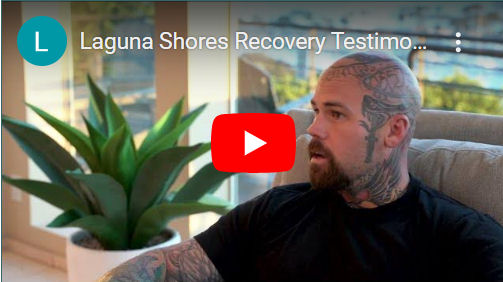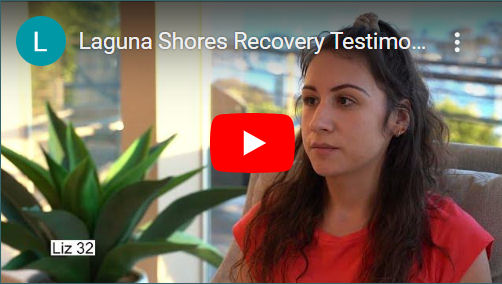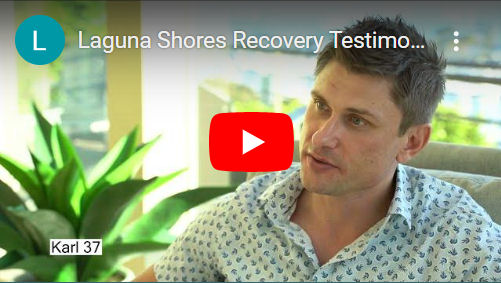CALIFORNIA’S PREMIER ALCOHOL & DRUG REHAB
LUXURY DRUG & ALCOHOL RECOVERY CENTER IN ORANGE COUNTY, CA
Alcohol and Drug Rehab in Orange County, California
Our Drug and Alcohol Detox and Residential Rehab Center is located minutes from the beach in Orange County, California.
Laguna Shores Recovery offers a comfortable, home-like environment where you can relax and recharge. We know the first days and weeks of sobriety can be difficult. That is why we make sure our clients are surrounded with love and support as they prepare for a new life in recovery.
We believe that Rehab should be a liberating, life-changing experience. That is why we’ve made our facility into a place where people can rediscover their passion for life.
What People Are Saying
LUXURY AND EFFECTIVE TREATMENT
We believe that Rehab should be a liberating, life-changing experience. That is why we’ve made our facility into a place where people can rediscover their passion for life.
Drug & Alcohol Detox
Our Orange County Detox Center offers specialized drug and alcohol detoxification programs. At Laguna Shores Recovery, our highly trained staff uses medication-assisted treatment to ease the uncomfortable symptoms of withdrawal. Let us help you or your loved one overcome addiction.
Learn More
Residential Rehab
Laguna Shores Recovery is an inpatient drug and alcohol rehab center. Our Orange County Rehab program helps people struggling with alcoholism and substance use disorder (SUD). The inpatient rehab program provides our patients with the opportunity to overcome their addiction.
Learn More
Dual Diagnosis
At Laguna Shores Recovery, we take the time to learn about each of our patients. It is our goal to heal the whole person. We are experts at helping our patients with their co-occurring mental health issues as well as their addictions. Our Orange County Dual Diagnosis Treatment center can help you.
Learn More
Aftercare And Alumni
The Laguna Shores Recovery Alumni Program offers ongoing support to individuals who have completed their treatment, fostering a sense of community and belonging. This program helps maintain sobriety through continued connection and resources for a lasting recovery journey.
Learn More
Reach out to verify your insurance coverage for addiction treatment
Change Your Narrative
“What do you want out of this?” is one of the first questions we ask our clients because we understand that long-term sobriety must come from within. We are here to help you meet your goals, not make them for you.
At Laguna Shores, we deliver the personal attention you need for a successful start to a life in recovery. Whether you are seeking treatment for the first time or you have struggled with relapse many times, we are here to guide you. Our experienced and compassionate team offers customizable treatment options.



Get Back to Your Family
High-quality addiction treatment is the first step on the path to your most authentic and fulfilling life. We provide the skills training you need to maintain sobriety while helping you heal broken or toxic relationships in your support system.
At Laguna Shores, our primary focus is making sure you are ready to succeed in recovery once treatment is complete. We view treatment as a fresh start to the rest of your life, and we make sure our clients are ready to thrive as the best version of themselves.

 Matthew Beck B.A, M.A, LMFT
Matthew Beck B.A, M.A, LMFT 


